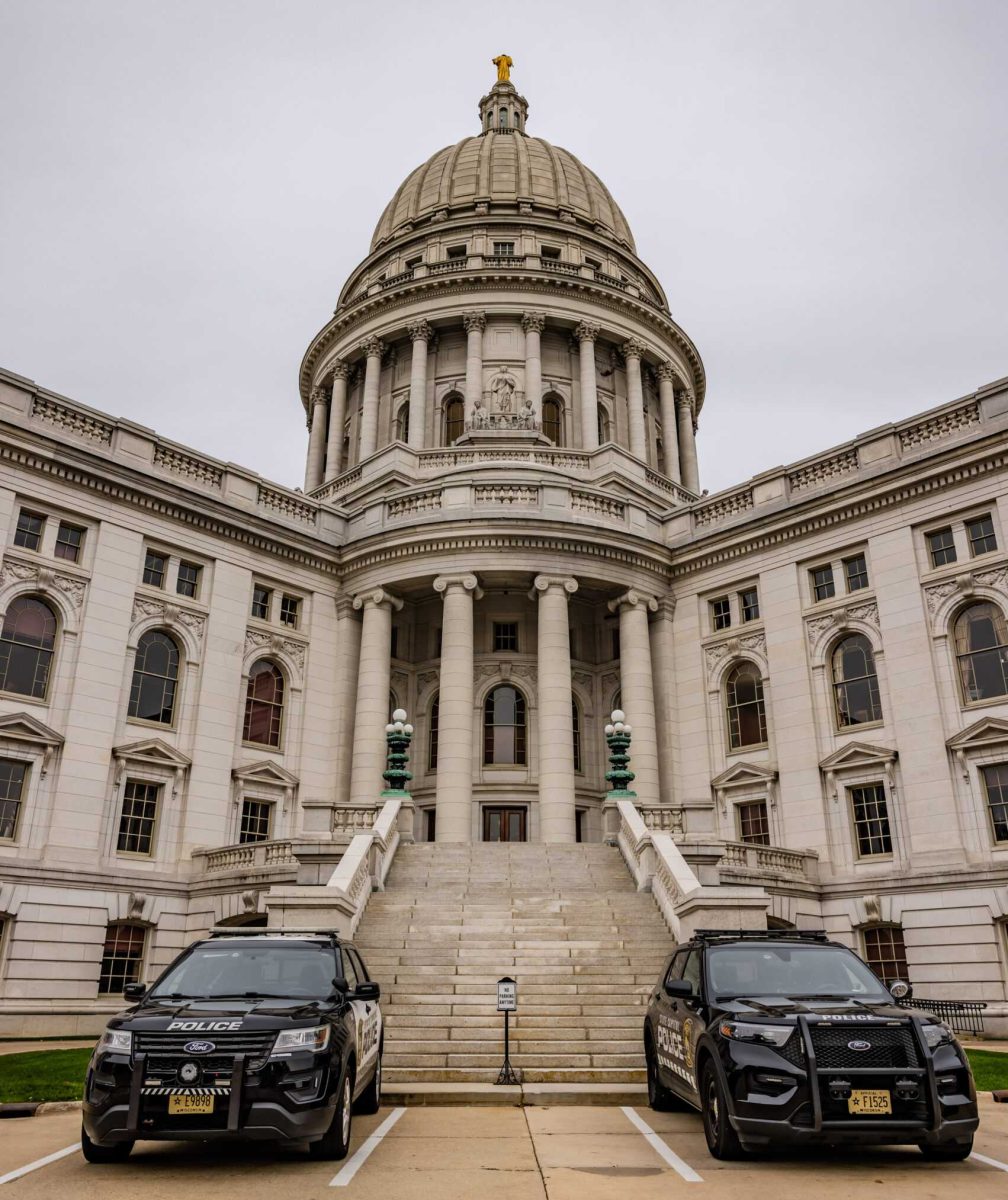In what has become a growing trend at college campuses across the country, the University of Wisconsin Board of Regents unanimously voted Aug. 18 to divest funds from companies that directly or indirectly support genocide in Sudan.
"We want to be responsible stewards [of the university]; we share a responsibility like divestment," said Regent Charles Pruitt, chair of the Business, Finance & Audit Committee. "It seemed to us to be pretty clear to want to make a stand."
Although the UW System currently has no holdings in companies that have ties to Sudan or the Sudanese government, the unanimous decision prevents their funds from being invested in the future.
In a country where the Human Rights Watch estimates two million civilians have been displaced, critics of divestment argue that such a move will most likely have little affect on the Sudanese government.
Dan O'Flaherty, vice president for the Washington, D.C.-based National Foreign Trade Council, said divestment by universities and state pensions would be largely ineffective since many of the companies operating in Sudan are Asian and European oil corporations.
"Given the price of oil these days … they're simply not going to be affected," O'Flaherty said. "That's just shooting your gun in the air."
In addition, O'Flaherty worried divestment could hurt parts of Sudan looking to increase economic development through foreign trade and commerce.
However, the regents' decision to divest does come with safeguards to help Sudan's social development. In particular, the new policy will allow the board to invest in those companies providing medicine, medical equipment, agricultural supplies, agricultural infrastructure and educational initiatives.
In addition, the board has the option of reinvesting in companies that end their questionable business practices with Sudan.
"I think it's important that [restrictions] be limited so this actually means something," Pruitt said, arguing too strict of a divestment policy could potentially hurt the message behind the regents' decision.
Students, in particular, have been very active in helping promote divestment at various universities around the country.
Based out of the University of California-Los Angeles, the Sudan Divestment Task Force has become the research and public information clearinghouse wing of non-profit student effort since November 2005.
In addition, the group helped provide research data and information to the Board of Regents.
Still, SDTF National Policy Director Adam Sterling said acts of divestment at this point are largely symbolic. However, as more universities join divestment campaigns, the effect could become more significant.
"[At the] individual level it represents a strong stance by the university: they don't want to have atrocities occurring," Sterling said. "Universities don't operate in a vacuum. One university's [decision] usually has an affect on another."
So far, roughly 20 institutions have begun divestment initiatives — including Harvard University, the University of Pennsylvania and Princeton University.
"It is both encouraging and exciting that the University of Wisconsin System is one of the earliest to get involved," Pruitt said.
Students at Madison have also been involved in challenging the crimes in Sudan, primarily through Action in Sudan, a UW student group.
"Our goal is to create awareness domestically, [as] part of a national student movement," AIS member Caroline Ackley said.
Working with the national group Students Taking Action Now: Darfur, which is based at Georgetown University, AIS has begun to lobby legislators to support a bipartisan bill calling for the state's divestment from companies working with Sudan.
"We're actually very proud of the University of Wisconsin to take the moral imperative and take action," Ackley said. "We hope they can influence the state of Wisconsin and other states."
AIS will be hosting a "Week of Action" Oct. 15-20, promoting awareness and raising money for schools in southern Sudan.











